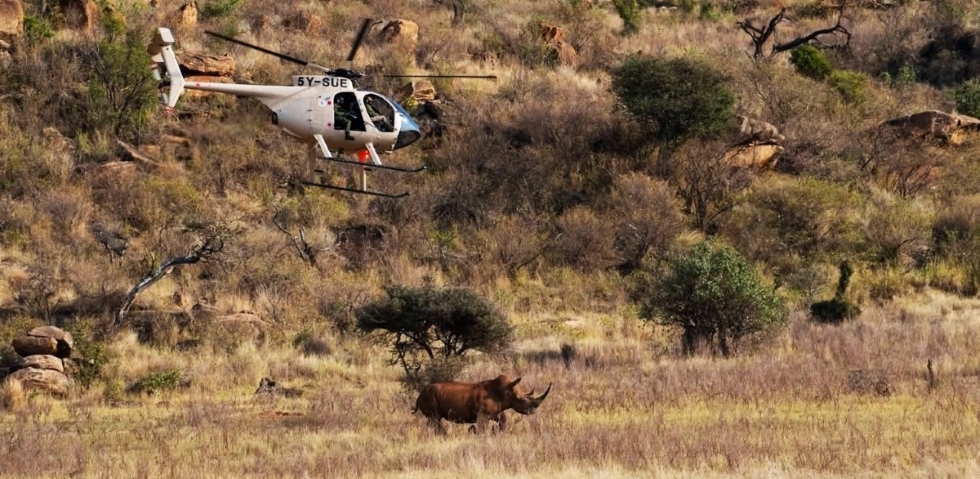Over the past week, seven southern white rhinos have been successfully moved to Loisaba Conservancy in Kenya.
Four of the Rhinos were taken from Meru National Park and three from Lewa Wildlife Conservancy.
Three more rhinos are still to be introduced, and the team is carefully managing the final stages of the translocation.
All rhinos that have arrived in the new destination are reportedly safe, settling into their new home, and beginning to explore the expansive conservancy.
This marks an important step in the Kenya Wildlife Service (KWS) national strategy to manage rhino populations across secure, well-protected landscapes.
While southern white rhinos are not native to Kenya, their introduction to Loisaba contributes to species conservation, genetic diversity, and research opportunities, while also supporting tourism and education efforts that benefit the wider ecosystem.
The rhinos were carefully selected in collaboration with KWS veterinarians to ensure a healthy, well-balanced group, and their presence strengthens Kenya’s broader conservation initiatives.
Visitors and wildlife enthusiasts can rest assured that the new white rhinos will coexist peacefully with Loisaba’s other species.

White rhinos are strict grazers, feeding mainly on grass, while black rhinos browse shrubs and woody plants, so their diets do not overlap.
Even though white rhinos consume a significant amount of grass—roughly equivalent to what 20 cows eat per day—Loisaba actively manages grazing across the conservancy.
Grass availability is monitored closely, and livestock numbers are adjusted as needed, ensuring that all wildlife, including endangered grazers such as Grevy’s zebras have enough to eat.
Spread across 58,000 acres, the white rhinos’ presence does not negatively affect other herbivores or the overall ecosystem.
This collaborative achievement was made possible by the shared efforts of Kenya Wildlife Service, Lewa Wildlife Conservancy, and Loisaba Conservancy, and with generous support from Sharjah Safari.
Photos © Roshni Lodhia

